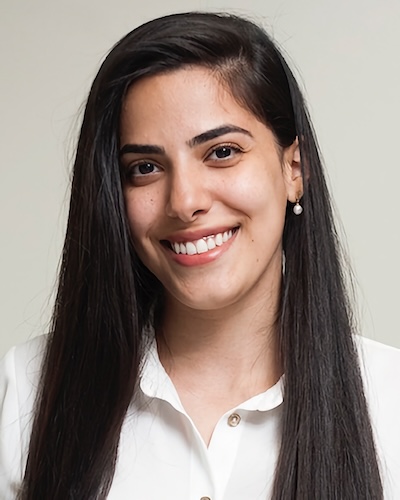Personal Statements: What Helps?

November 21, 2017
by Linah
One of the most stressful things that comes along with applying to undergraduate and graduate programs is writing a personal statement. The rules aren’t that clear when it comes to these things, and everyone has a different perspective on what a personal statement ought to be. I have been working on my own PhD personal statement for the past few weeks and it has been a challenge. Mainly because at this point of the semester my energy levels have been dwindled to a speck, and we still have about 3 more weeks to push through.
Since this is very important to me, I find myself being highly critical of everything I produce. This does not help at all with my time constraints, because I keep throwing out every rough draft I come up with. A feeling that might be familiar to many and counter-productive to all. In an effort to gain better perspective, I ventured on to ask fellow friends and faculty about helpful elements to incorporate in a personal statement. Here are some of the advice I received:
Find A Way To Highlight A Unique Point
For starters, many think it is helpful to separate myself from the rest by highlighting something unique about myself or background or past experience. It helps to try to see things from the admission committee’s perspective, being an international student offers a lot to draw from. A friend recommended to use past work experiences to showcase my own abilities and skills, how well I performed something or highlight skills I mastered during that time. It will not be enough to just state where I worked before, because that information is attainable through the CV attached with the personal statement. No need to be redundant. It would make more sense to talk about with whom I worked and what were my responsibilities during that time, and then mention how that particular experience has shaped me into the occupational therapist I am today.
Describe How The Program Will Help You Achieve Your Goals
A colleague suggested that by talking about my own experiences, I can transition into talking about what the program itself offers to further build on it. This way I am able to specify which courses I am interested in and maybe even professors I am eager to work with. It would also be helpful to write about my own plans for myself in the future and perhaps explain how the program would help me achieve them. This would be a good opportunity to explain why I chose this specific program, because that is an important part of any personal statement.
Make It Personal, But Make Sure To Address The Prompt
I reached out to some of the faculty for advice, and the main piece of advice I got was to view the personal statement as a way to tell the admissions committee who I am. In other words, it is important to demonstrate my personality. To prevent myself from making the statement too personal, I try to always reel back to the prompt provided. This way, I can stay on topic. It is also another point that was mentioned by one of the faculty members here in USC; to make sure I address the prompt.
Have It Reviewed By Friends & Family
In order to make sure I review my personal statement properly, I asked fellow friends or family members to proofread it for me. Their feedback is crucial because from there I can tell whether or not I was able to communicate my thoughts well. It is also an effective way to weed out any spelling or grammatical errors, which can really dampen a personal statement if not attended to.
Lastly, the gist of the advice I got was to make a good case for myself as to why I should be accepted. This means writing compelling arguments and making sure to back them up with evidence from my resume or recommendation letters. In other words, a personal statement is what ties the entire application together, so better make it worth it.
⋯
Next by tag Admissions ⟩ Life Hacks ⟩
⋯





